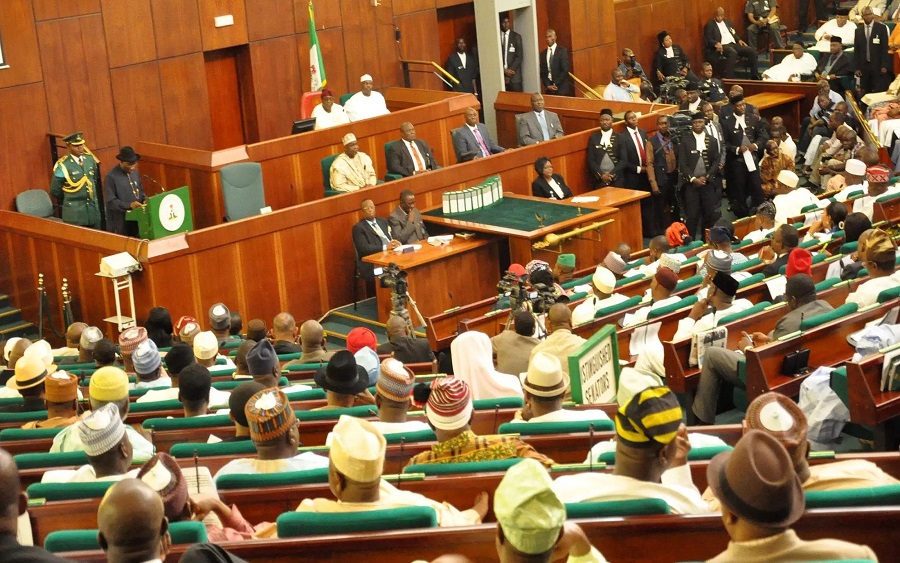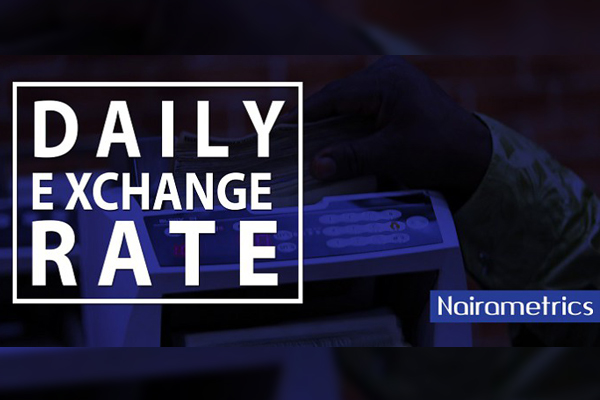Members of the House of Representatives have requested for the probe of SEEPCO over the violation of Nigerian Local content laws.
The motion was sponsored by Ossai Nicholas Ossai, a representative of Delta State Constituency on the ‘Need to investigate Sterling Oil Exploration and Energy Production Company Limited (SEEPCO’s) Non-Compliance with Nigeria Local Content Act.
The Details: Ossai argued that the Nigeria’ Oil and Gas Industry Content Development Act of 2010, popularly called the Local Content Act specified the inclusion of indigenous labour, materials and resources in all oil and gas projects in the Nigerian oil and gas industry.
[READ MORE: Nigeria to attract $48.4 billion out of Africa’s $194 billion oil and gas investments]
SEEPCO flouted the rule by including Indians in its oil exploration processes and excluding Nigerians, especially in the Ndokwa/Ukwuani Federal Constituency where the firm is currently producing crude oil in the Niger Delta.
What you should know: Sterling Oil Exploration and Energy Production Company Limited (SEEPCO) is an Indian company with businesses in 6 continents and several countries such as India, USA, China, Japan, Europe, Middle East and South East Asia. The company ventured into Nigerian oil and gas market in 2005 and is presently producing crude oil in the Niger Delta.
“Under the Local Content Act, it prescribed that the minimum Nigerian content requirement in any project, service or product specification to be executed in the Nigerian oil and gas industry shall be consistent with the level set out in the Schedule to the Act.
“The neglect over the years by the Nigerian Content Monitoring Board that is saddled with responsibility to monitor, supervise and coordinate the Local Content Act, has grossly defeated the purpose of the prescribed minimum thresholds for Nigerian participation in the activities within the Nigerian oil and gas industry,” he said.
Citing Section 16 l(c) of the Constitution of the Federal Republic of Nigeria, 1999, he emphasized the need for the Federal Government to manage the economy and save it from foreign control.
[READ MORE: Nigeria’s oil and gas sector gulps 777 billion Non-Performing loans]
As a result of this, the House of Representatives mandated the Committees on Petroleum Resources (Upstream), Petroleum Resources (Downstream) and Nigerian Content and Monitoring Development to investigate the issue and file a report in a space of four weeks. Before further actions are taken.
















